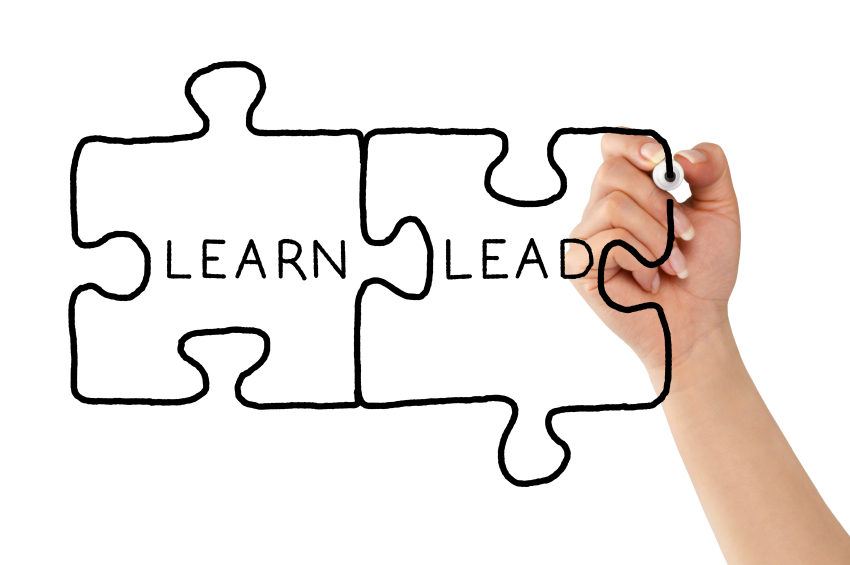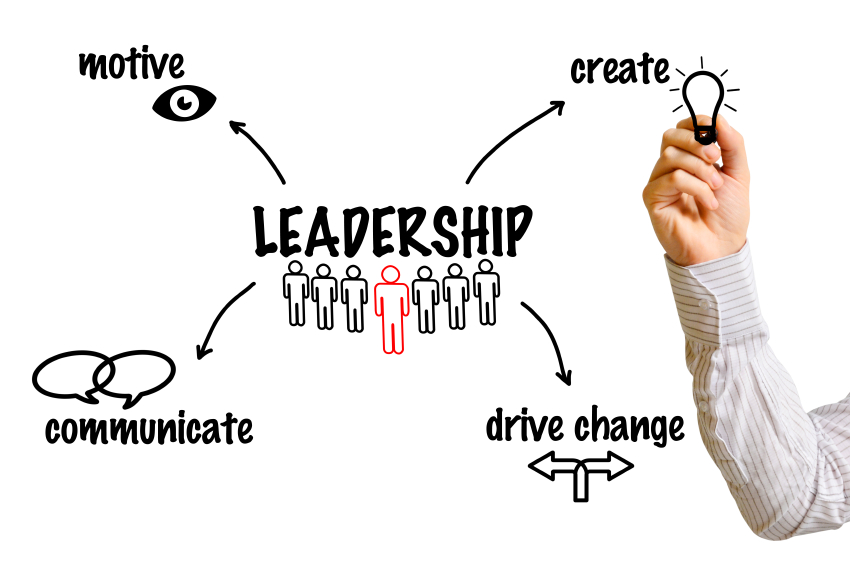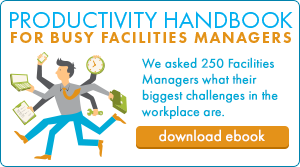Facilities Leaders Require Tools & Skill Set to Make Good On Their Promises


Historically, the FM’s primary role was more about the brick and mortar, while department heads oversaw the “people” side of things. But, as companies adapt to the evolving business landscape, so, too, are facilities management teams. Organizations are looking to their FMs for guidance regarding workplace tools and relationships, entrusting them to bring it all together. Those who wish to stay relevant for the long haul have recognized their employees are their greatest investment, looking to their facilities managers to ensure their people have everything they need to stay focused, inspired, and productive at all times. With so many changes occurring, trust is the most powerful tool the modern FM must possess. The most effective way to build trust and spark innovation is through leadership.
Success is Defined By Your Ability To Lead
In today’s competitive global economy, success is defined by a company’s ability to stay ahead of the game,  developing new products, services, and ways in which to serve their customers, regardless of the specific industry. Much like the organization they manage, FMs must consistently seek out new workplace tools and fine-tune their skills. The most effective way to find success is, ironically, the most traditional tool in your arsenal— leadership.
developing new products, services, and ways in which to serve their customers, regardless of the specific industry. Much like the organization they manage, FMs must consistently seek out new workplace tools and fine-tune their skills. The most effective way to find success is, ironically, the most traditional tool in your arsenal— leadership.
What exactly is leadership? Do facilities leaders require a different skill set than those in other professions? What sets the leaders apart from the managers? This is a long-standing debate amongst business professionals. The answer is that pioneers in the FM field must possess all the traits that make a great manager, coupling it with a strong vision, passion, and drive. The complex role of today’s FM requires a combination of both management and leadership skills, earning them the title of Workspace Cowboys.
Trust Leads to Innovation
Regardless of your company’s unique position, innovation is the name of the game. As the facilities manager, inspiration and change often begins with the relationships you build and your team’s trust in you. Accountability and vulnerability are, arguably, the two most effective ways to begin building such trust. The most powerful leaders possess the ability to show their human side, recognizing they do not have all the answers, and placing more importance on organizational successes than on personal ego. The team must have enough confidence in their leader’s ability to lead a meeting in which conflict arises and breakthroughs are made. The most brilliant ideas emerge from “good” conflict.
“Instead of controlling or dominating the process, a successful leader drives the problem-solving and decision-making process. An aspiring facility leader must have a clear appreciation for the power of collaboration, rather than control, to encourage those around the leader to come to the right decisions.” -Stormy Friday
Trust Leads to Commitment and a Healthy Workplace Culture
Creating a healthy, committed, and productive work environment is one of the most critical roles of the facilities leader. Finding success in this arena begins with nurturing business skills such as adaptability, consistency, accountability, communication, and an optimistic attitude. Such prowess affords the team the ability to properly communicate organizational goals and identify which processes support the overall vision (and which do not).
It is not enough to simply diagnose obstacles, however. The next step is to identify solutions that meet both individual and company needs. This means maintaining an open and clear line of communication, as well as being able to both listen and learn from those around you. Through trust and communication, you strengthen team commitment, fostering “a culture in which employees will rally around those ideas with passion–and no second guessing.” -Patrick Lencioni
Facilities Leaders Must Be Able to Adapt to Business Complexities and Change
 Rapidly emerging technology has afforded companies the ability to reach potential clients on a global scale. This technology, however, has added a new dynamic to the business environment, creating new demands for information and speed of service. Clients and employees alike realize if their needs are not fulfilled, they can simply go elsewhere. Thus, it is more important than ever before for facility leaders to keep apprised of the latest technological trends and continually analyze business strategies to best align with both employee and client needs. Workspace managers must be adept at dealing with complex issues, adapting quickly as needs change and new strategies are born. FM teams must handle intricate interpersonal relationships, as well as the complex facilities and workplace tools, to ensure stability is maintained at all times.
Rapidly emerging technology has afforded companies the ability to reach potential clients on a global scale. This technology, however, has added a new dynamic to the business environment, creating new demands for information and speed of service. Clients and employees alike realize if their needs are not fulfilled, they can simply go elsewhere. Thus, it is more important than ever before for facility leaders to keep apprised of the latest technological trends and continually analyze business strategies to best align with both employee and client needs. Workspace managers must be adept at dealing with complex issues, adapting quickly as needs change and new strategies are born. FM teams must handle intricate interpersonal relationships, as well as the complex facilities and workplace tools, to ensure stability is maintained at all times.
Without the Proper Tools, Communication is Lost
Above all else, a productive FM understands the necessity for proper communication amongst all members of the team, as well as the executives making the final decisions. The communication must be consistent and pertinent to the tasks at hand and must also convey a structure for future decisions and actions. Fortunately, there are a bevy of options for making this a reality.
We all see the necessity of communication in our lives, simply from our daily activities. Why else does the average checklist for leaving the house now include a cell phone with the wallet/purse and keys? For the modern FM, the same rules apply. Texting, e-mail, and social media all allow for quick communication, but the tools must be able to keep up with these options or the communication aspects fail. You need a solid platform on which to build. Here’s where FM software solutions become a perfect fit. This software allows for automation of certain tasks, so technicians are notified immediately when their services are needed and users are notified of any updates. And the software ensures everyone is kept in the loop through real-time data, so all parties are able to make the most informed decisions. Additionally, such an investment saves associates valuable time, as they’re able to quickly locate needed equipment, as well as reserve office space, quiet space, conference rooms, or other meeting and work spaces, avoiding the embarrassment of double booking.
To build a strong team, a progressive FM must possess key tools and skills. Make sure your team is properly equipped and trained on how to maximize the systems and tools at their disposal. Equally, it is critical you are properly versed on how to establish trust, promote leadership qualities in your team, and are prepared for continuous change, as change is the only constant.

